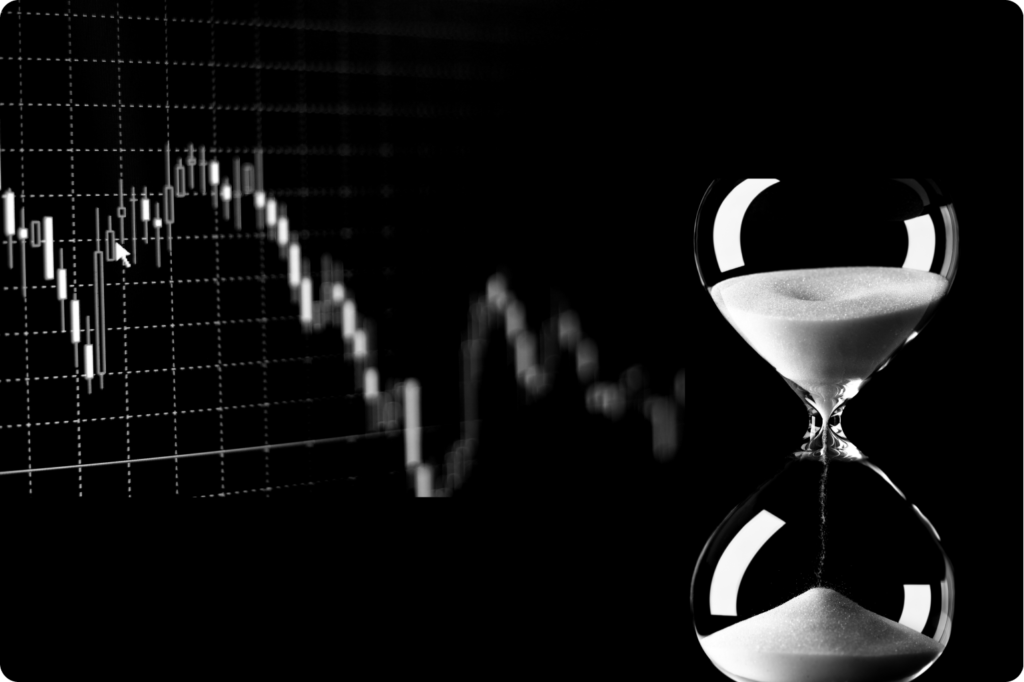
Patience is an essential attribute for any successful trader. While many focus on mastering technical skills or understanding market trends, it is patience that often distinguishes the profitable trader from the rest. Trading is not a sprint; it is a marathon that requires discipline, control, and a strategic mindset. Here, we explore why patience is vital and how traders can cultivate this indispensable quality.
Understanding the Role of Patience
Trading, whether in forex or other markets, involves navigating complex business trends, technical analysis, and ever-changing dynamics. For beginners, this process can feel overwhelming. The jargon, strategies, and market fluctuations demand time and consistent effort to master. However, impatience often leads to costly mistakes, especially for those eager to make quick profits.
Successful trading requires waiting for the right setups and opportunities. This can mean allowing time for trends to form, corrections to unfold, or for candlesticks to fully develop. Like a champion surfer waiting for the perfect wave, a trader must patiently align their decisions with their criteria and act decisively only when the time is right. Impatience often results in jumping into trades prematurely, leading to unnecessary losses.
Overcoming Common Psychological Hurdles
Impatience in trading often stems from emotional responses to past failures or the desire to recover losses quickly. For instance, after a failed trading signal, traders may feel compelled to overtrade in an attempt to regain what they lost. This reaction not only exacerbates the problem but also fosters a gambling mindset, where decisions are driven by emotions rather than strategy.
To counteract this, traders must learn to step back, analyze their mistakes, and approach the market with a clear head. Trading should never be about seeking revenge on the market but about making informed decisions based on well-thought-out plans. Understanding why a mistake occurred is far more valuable than rushing into another trade without learning from the experience.
The Practical Benefits of Patience
Patience allows traders to see the bigger picture, enabling them to make rational decisions rather than impulsive ones. For example:
- Waiting for Market Corrections: Jumping into a trade without observing the market’s corrections can lead to unnecessary losses. Waiting ensures alignment with market trends and reduces the likelihood of entering at the wrong time.
- Adhering to a Plan: A clear strategy is the backbone of successful trading. Sticking to your plan, even when tempted to deviate, fosters consistency and minimizes emotional decision-making.
- Avoiding Hasty Entries: Trends often take time to develop, and premature entries can result in missed opportunities or losses. Missing the initial stage of a trend is fine as long as you wait for confirmation before committing.
The Long-Term Mindset
Patience is not just about waiting but about waiting with purpose. It ensures that you stay on the right side of the market, aligning your trades with well-researched strategies and reducing emotional biases. Traders who cultivate patience avoid the pitfalls of overtrading and impulsive decisions, positioning themselves for long-term success.
Ultimately, patience in trading is about adopting a mindset that values consistency, learning, and strategic thinking over quick wins. By practicing patience daily and maintaining a disciplined approach, traders can navigate the complexities of the market with confidence and achieve sustainable success.
Patience in Action: Tips for Traders
Developing patience is not just about understanding its importance but practicing it daily. Here are some actionable tips:
- Follow Your Rules: If a trading setup does not tick all the boxes of your criteria, don’t take the trade. Trust your strategy over gut feelings.
- Take Breaks: When feeling emotionally driven, step away from the screen. A walk, healthy meal, or other simple activities can help reset your mindset.
- Learn from Losses: Analyze your mistakes rather than rushing into another trade. Each error is an opportunity for growth.
- Stay Motivated: Focus not just on profits but on the joy of learning and improving your skills. Derive satisfaction from mastering risk management and trading strategies.
- Maintain Balance: A balanced lifestyle—including healthy eating, exercise, and relaxation—can enhance focus and reduce emotional trading.
- More like this


